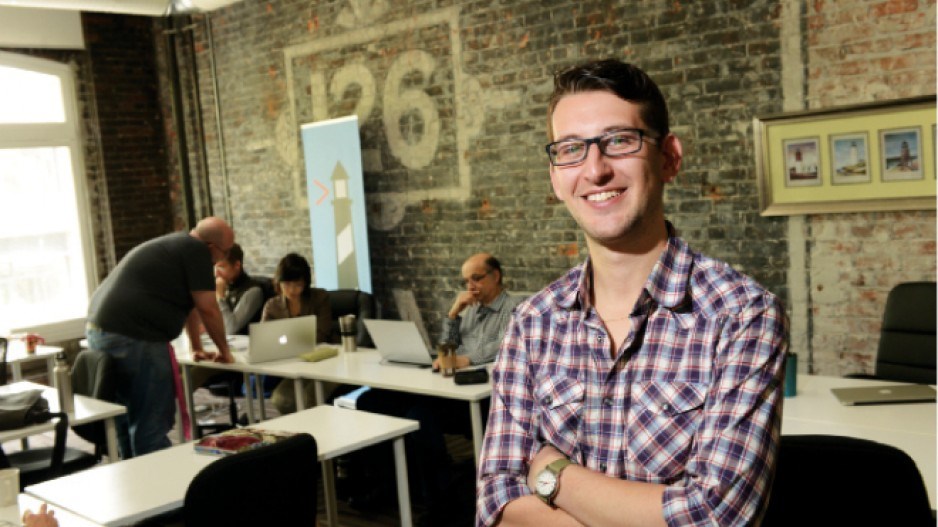A cynic might think a coding school might start offering blockchain classes to make a quick buck and cash in on the cryptocurrency craze that has hooked more than a few novice investors.
But Vancouver-based Lighthouse Labs has a significant condition for those wanting to join its new three-month program to call themselves blockchain experts: no amateurs allowed.
“We could have put a course together that jumped on the [cryptocurrency] trend,” says CEO Jeremy Shaki, whose coding school is in the third week of a blockchain pilot in Toronto before it launches at its flagship campus in Vancouver this September.
“Going after developers should prove to most people that what we actually believe in is that there’s a long haul for the technology.”
Beyond companies that have been slapping the word blockchain on products and services recently, Shaki said there is a significant shortage of credible experts in the field that can help companies serious about the technology.
“There’s just no talent to build the intelligent concepts that are coming out,” he said.
Blockchain serves as a secure electronic ledger that cannot be manipulated by a third party.
Buying and selling cryptocurrencies like Bitcoin is made secure through blockchain, but the technology can also be applied to the transmission of other data.
“The concept of more secure data storage and access to that data without a necessary third party is something that has a very meaningful impact in a lot of spaces,” Shaki said, adding that while he’s not sure how much life there is in the cryptocurrency trend, he’s confident about the future value of blockchain.
But with such a nascent technology, what exactly do most employers want from future blockchain experts?
Shaki said Lighthouse conducted an extensive validation process, consulting with 30 companies. Meanwhile, the school’s education committee features blockchain experts that advise on the curriculum.
Lighthouse Labs won’t be accepting any beginners into the program, focusing instead on experienced developers who may have experience with JavaScript and computer science.
“But people who have worked as developers for a few years, understanding how technology interacts with the world around it is the No. 1 prerequisite to getting into this,” said Shaki, “because blockchain is all about starting to figure out how this stuff is going to interact with all other technologies.”
For more from Jeremy Shaki on how blockchain will impact future technologies, listen to the BIV Today podcast (14:46):




